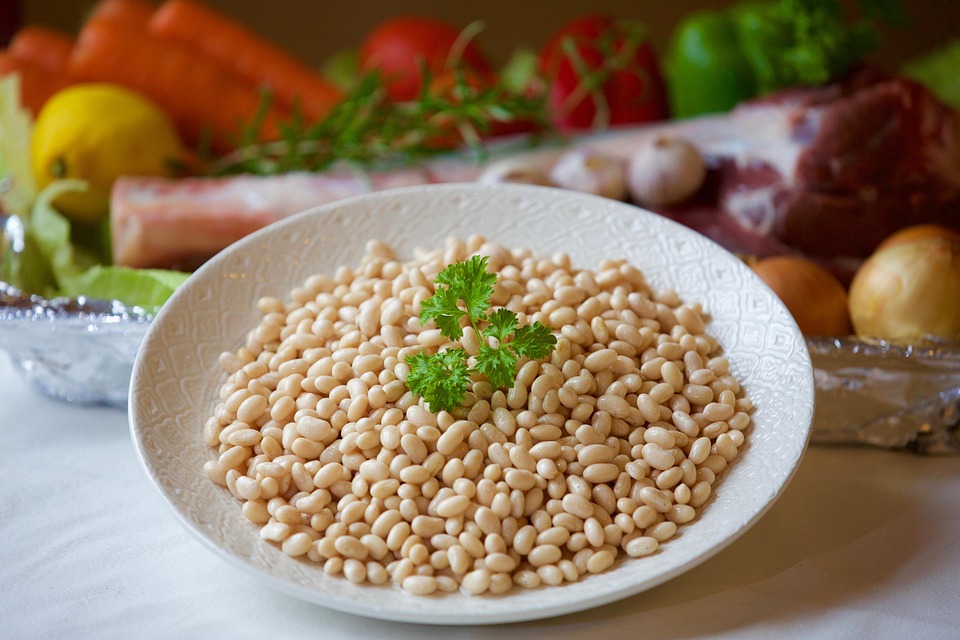The Kidney and Its Impact on Blood Pressure: A Hidden Connection
Introduction
The kidney is often regarded simply as an organ responsible for filtering waste from the blood, but its role extends far beyond this basic function. Recent studies have illuminated a profound connection between kidney health and blood pressure regulation, a relationship that has significant implications for cardiovascular health, disease prevention, and overall well-being.
Anatomy and Function of the Kidney
The kidneys are two bean-shaped organs located on either side of the spine, below the rib cage. They perform several key functions:
- Filtration: The kidneys filter blood to remove excess fluid, electrolytes, and metabolic waste products.
- Regulation of Electrolytes: They maintain the balance of sodium, potassium, calcium, and other electrolytes essential for cellular functions.
- Acid-Base Balance: The kidneys help maintain the pH of the blood by excreting hydrogen ions and reabsorbing bicarbonate.
- Hormonal Functions: They produce hormones such as erythropoietin (which stimulates red blood cell production) and renin (which plays a critical role in blood pressure regulation).
The Renin-Angiotensin-Aldosterone System (RAAS)
Central to the kidneys’ influence on blood pressure is the Renin-Angiotensin-Aldosterone System (RAAS). When blood pressure drops or sodium levels decrease, the kidneys release renin. This enzyme converts angiotensinogen (produced by the liver) into angiotensin I, which is transformed into angiotensin II through the action of angiotensin-converting enzyme (ACE) in the lungs.
Angiotensin II has multiple effects on the body:
- Vasoconstriction: It narrows blood vessels, increasing blood pressure.
- Stimulates Aldosterone Release: This hormone encourages the kidneys to retain sodium and water, increasing blood volume and thereby raising blood pressure.
- Stimulates Antidiuretic Hormone (ADH): ADH promotes water reabsorption in the kidneys, further increasing blood volume.
Through these mechanisms, the kidneys play a crucial role in the body’s ability to maintain stable blood pressure.
Hypertension: A Global Health Concern
Hypertension, or high blood pressure, affects roughly 1.4 billion people worldwide. It is a major risk factor for cardiovascular disease, stroke, and kidney failure. Understanding the relationship between kidneys and blood pressure is critical for developing effective prevention and treatment strategies.
Types of Hypertension
-
Primary (Essential) Hypertension: The most common form, accounting for 90-95% of cases. It usually develops gradually over years and has no identifiable cause.
- Secondary Hypertension: Caused by an underlying condition, such as kidney disease, adrenal gland tumors, or certain medications.
The Kidney’s Role in Hypertension
Chronic Kidney Disease (CKD) and Hypertension
Chronic Kidney Disease (CKD) is both a cause and a result of hypertension. The relationship between CKD and high blood pressure is bidirectional; decreased kidney function can lead to hypertension, while hypertension can further exacerbate kidney damage.
Pathophysiological Mechanisms
- Fluid Overload: Impaired kidney function leads to the retention of sodium and water, increasing blood volume and pressure.
- RAAS Activation: In CKD, the regulation of RAAS becomes dysregulated, often leading to excessive activation, contributing to hypertension.
- Endothelial Dysfunction: CKD is associated with endothelial dysfunction, leading to impaired vasodilation and increased vascular resistance.
Impact of Hypertension on Kidney Function
Hypertension can damage the kidney’s blood vessels, thereby diminishing their ability to filter waste effectively. This relationship creates a vicious cycle: as kidney function declines, blood pressure often increases, and conversely, as blood pressure rises, kidney function deteriorates.
The Role of Diet and Lifestyle
Dietary Approaches to Stop Hypertension (DASH)
The DASH diet emphasizes fruits, vegetables, whole grains, and lean protein, while reducing sodium intake, and has been shown to lower blood pressure effectively. The diet’s emphasis on potassium, magnesium, and calcium is particularly beneficial for kidney health and blood pressure regulation.
The Importance of Hydration
Fluid intake plays an essential role in maintaining kidney function. Proper hydration can aid in the excretion of sodium and help manage blood volume, thereby impacting blood pressure.
Medications Affecting Blood Pressure and Kidney Function
Certain medications can significantly affect both hypertension and kidney function.
Diuretics
Often used to treat hypertension, diuretics promote urine production and sodium excretion, which can help lower blood pressure. However, they can also lead to electrolyte imbalances, especially in individuals with existing kidney issues.
ACE Inhibitors and Angiotensin II Receptor Blockers (ARBs)
These medications target RAAS, reducing the production of angiotensin II, leading to vasodilation and decreased blood pressure. They are particularly beneficial for patients with CKD as they can slow the progression of the disease.
Clinical Research and Perspectives
Recent clinical studies highlight the importance of monitoring kidney function in patients with hypertension and adjusting treatment plans accordingly. Strategies targeting both the kidneys and blood pressure have shown promise in improving patient outcomes.
Multi-Disciplinary Approaches
Managing hypertension effectively requires a multi-disciplinary approach that includes nephrologists, cardiologists, dietitians, and primary care providers. Integrating lifestyle changes, dietary modifications, and pharmacological treatments can yield better results.
Conclusion
The intricate relationship between the kidneys and blood pressure is a testament to the complexity of human physiology. As we continue to unravel these connections, it becomes increasingly clear that maintaining kidney health is paramount in the fight against hypertension and its associated complications.
The kidney’s role in blood pressure regulation underscores the need for proactive measures, early intervention, and comprehensive management of both hypertension and kidney disease to ensure better health outcomes for patients worldwide.
References
[1] "The Renin-Angiotensin System: A Complex Network" – Journal of Hypertension, 2021[2] "Chronic Kidney Disease: A Growing Global Concern" – Nephrology Journal, 2022
[3] "Dietary Approaches to Stop Hypertension" – American Heart Association, 2020
[4] "Impact of Hypertension on Kidney Function" – Kidney International, 2023
[5] "Clinical Guidelines for the Management of Hypertension" – National Institute for Health and Care Excellence, 2019
[6] "The Role of Diuretics in Managing Blood Pressure" – Pharmacotherapy Journal, 2021
[7] "ACE Inhibitors: Benefits Beyond Blood Pressure" – Cardiovascular Drug Reviews, 2022
[8] "Integrative Approaches in Hypertension Management" – Journal of Cardiovascular Medicine, 2023
While the article outlines the significant impact of the kidneys on blood pressure, it is worth noting that this is a condensed overview. Each section could potentially be expanded into a more detailed exploration, leading towards a more comprehensive piece if required.

























Add Comment